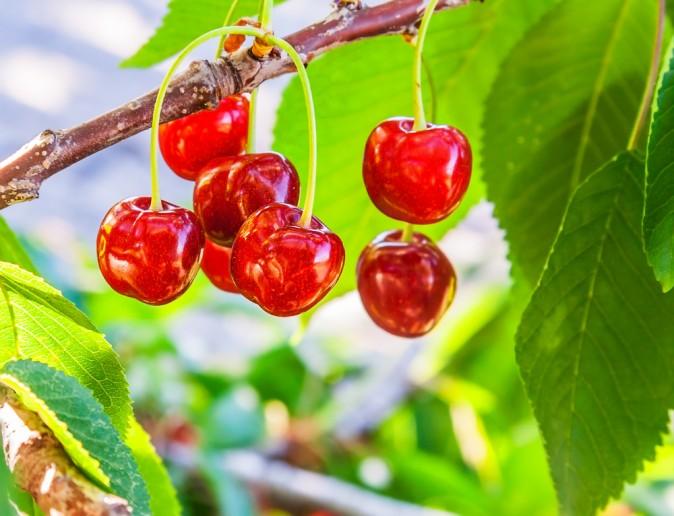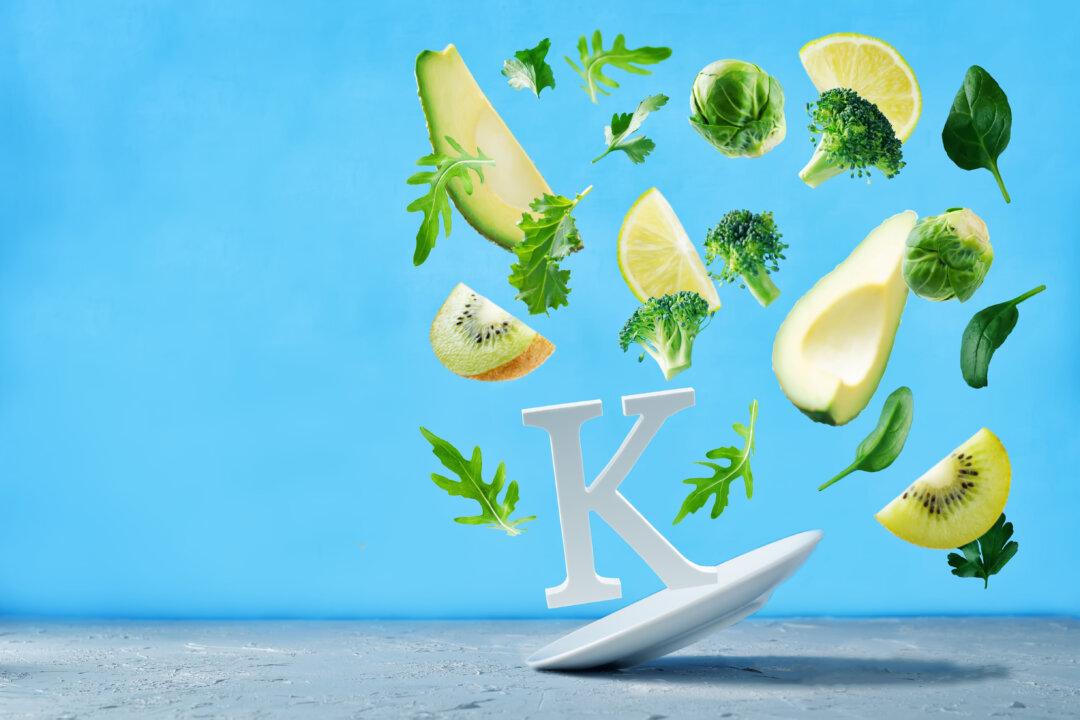The Environmental Protection Agency reports that the majority of pesticides now in use are probable or possible cancer causes. Studies of farm workers who work with pesticides suggest a link between pesticide use and brain cancer, Parkinson?s disease, multiple myeloma, leukemia, lymphoma and cancers of the stomach and prostate.1 The question remains, however, does the low level of pesticides remaining on our food present much of a risk?
The large amount of studies performed on the typical pesticide treated produce have demonstrated that consumption of produce, whether organic or not, is related to lower rates of cancer and increased disease protection. This suggests that the health benefits of eating phytochemical rich produce greatly outweigh any risk pesticide residues might pose. As such, some scientists argue that the extremely low level of pesticide residue remaining on produce is insignificant and that there are naturally occurring toxins in all natural foods that are more significant.
However, this viewpoint may no longer be accurate because recent studies have documented a link between pesticides ingested from foods and certain diseases. Organophosphate exposure (organophosphate pesticides are used on several crops including corn, apples, pears, grapes, berries, and peaches) are associated with ADHD, behavior problems, and neurodevelopmental deficits in children.2 A number of pesticides may have damaging effects on the brain that contribute to Parkinson?s disease, including paraquat, which is used on a variety of vegetable crops, and organochlorines.3,4 Exposure to organochlorines occurs primarily via fatty foods like meat, dairy, and fish.5 If you are concerned about pesticides and chemicals, keep in mind animal products, such as dairy, fish and beef, contain the most toxic pesticide residues. Because cows and steers eat large amounts of tainted feed, certain pesticides and dangerous chemicals are found in higher concentrations in animal foods. By centering your diet on unrefined plant foods you will automatically reduce your exposure to the majority of dangerous chemicals.
Certainly, it is better to eat fruits and vegetables grown and harvested using pesticides than to not eat them at all, but it is also wise to minimize our pesticide exposure. The Environmental Working Group provides lists of produce called the ?Dirty Dozen? (highest in pesticides) and the ?Clean 15? (lowest in pesticides). These are their most recent lists.
|
Highest in pesticides
Celery |
Lowest in pesticides
Onion |
It makes sense to peel fruits, if possible, and not to eat potato skins, unless you are able to purchase them organic. Remove and discard the outermost leaves of lettuce and cabbage, if not organically grown, and other surfaces that cannot be peeled can be washed with soap and water, or a commercial vegetable wash.
Environmental and Nutritional Benefits to Buying Organic
When we buy organic, we minimize our pesticide exposure, and we are also minimizing the amount of these pesticides that our environment is exposed to. Organic farming is clearly the more environmentally-friendly choice. According to the USDA, organic farming integrat[es] cultural, biological, and mechanical practices that foster cycling of resources, promote ecological balance, and conserve biodiversity.Supporting organic agriculture will increase the demand for organic produce and decrease the percentage of farmland (and farm workers) exposed to potentially harmful agricultural chemicals.
Organic produce usually has more nutrients, especially minerals and antioxidant nutrients, than conventional produce. Organic apples, plums, blueberries, grapes, strawberries, and corn have all been shown to have higher antioxidant capacities than their conventional counterparts. Organic strawberries were even found to have more anti-cancer activity than conventional strawberries! Scientists have theorized that when the plants are grown without pesticides, they are forced to deal with the stress of insects, which causes them to produce more antioxidant compounds, which are beneficial to humans.Buying organic is a wise choice, organic foods taste better, and organic agriculture protects farmers and our environment
This article was originally published on www.drfuhrman.com.
*Image of “cherries“ via Shutterstock






